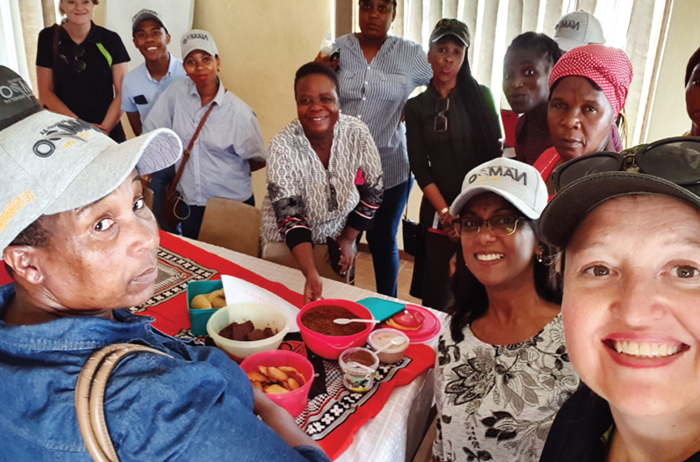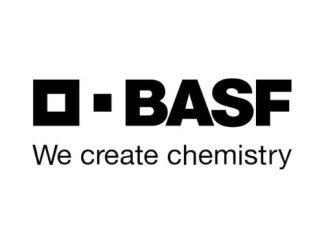Nixtamalisation is a process of preparing maize in an alkaline solution, followed by washing and grinding to produce a dough called masa of which a variety of products can be made. As a result of the nixtamalisation training in local villages in South Africa, the processing of maize into a variety of products is adding value for smallholder maize farmers.
The importance of farmers in communities
Smallholder farmers play a vital role in the socio-economic status of rural communities in South Africa. By providing the local people with access to employment as well as food and nutrition security, these farmers serve as beacons of hope in their communities. Small farms account for large proportions of rural communities and supply staple food crops to the local market, supporting many of these communities. They are more labour intensive than large commercial farms and they are a major provider of employment. Therefore, through uplifting smallholder farmers, many socio-economic challenges of poor rural communities can be addressed.

Government-industry collaboration
The Department of Science and Innovation (DSI) realised the benefits of nixtamalisation in 2018, following a visit to South Africa by a group from Mexico who demonstrated the process at a workshop held at the Agricultural Research Council (ARC). The former manager of the Grain SA Farmer Development Programme, Jane McPherson, tried the process in her own kitchen with successful results. The DSI and Grain SA pooled their resources to launch the project and have since held 340 courses, training about 4 145 people.
Additional courses presented to support the nixtamalisation training, include 79 courses on basic nutrition (benefitting 1 246 participants) and 82 courses on dry bean production (presented to a total of 1 195 participants). The success of this initiative was showcased to visitors through the variety of products prepared, which included steamed bread, fortified porridge, pancakes, yoghurt and snacks made with groundnuts. Through this project, these farmers are showing the benefits agro-processing provides to food and nutritional security through the value added by nixtamalisation.
Role of agro-processing in food and nutrition security
It is a national priority for government to ensure that smallholder farmers participate more significantly in agro-processing initiatives. Agro-processing provides additional value to the raw product. In this way farmers are able to provide more value to consumers and improve the profitability and sustainability of their farming business. Agro-processing is therefore able to contribute to the alleviation of socio-economic challenges, increase employment and improve food and nutrition security. South African smallholder farmers, however, largely lack access to the agro-processing industry, due to lack of infrastructure, training or market access.

Nixtamalisation
Nixtamalisation is an example of agro-processing and provides several benefits over unprocessed grain. It is more easily ground; it increases available protein and micronutrient content; flavour and aroma are improved; starch is more readily digestible and mycotoxins are reduced. This process requires very little special equipment or ingredients and therefore is cheap to carry out. It only requires a cast-iron or stainless-steel pot (as opposed to an aluminium pot) and slaked lime (calcium hydroxide). Since infrastructure is not a major requirement and the market is readily open to maize-based products, this project focused on training farmers in processing maize through nixtamalisation.
Innovation at its finest
The nixtamalisation training provided a platform for farmers to learn about a new technology and make it relevant to their own conditions. Extensive training courses, manuals and recipes were provided in several districts where maize is a staple food. Armed with the necessary knowledge, it was up to the farmers to create a final product. The variety and the uniqueness of products prepared were a source of inspiration to the visitors, as these farmers took their new-found skills and incorporated it into local tradition. This was just a taste of the great work these farmers are doing in uplifting their communities.
The journey forward
Upon experiencing the success of this programme, the DSI is looking to expand the programme to other communities and provinces in South Africa. Furthermore, this same technology could be applied on other food types such as beans that would usually take longer to cook and prepare, and consume a lot of energy. The desire is that these community leaders would reach a level where they are able to generate an income from the nixtamalised products to better their socio-economic status and improve the livelihood of their communities.



















